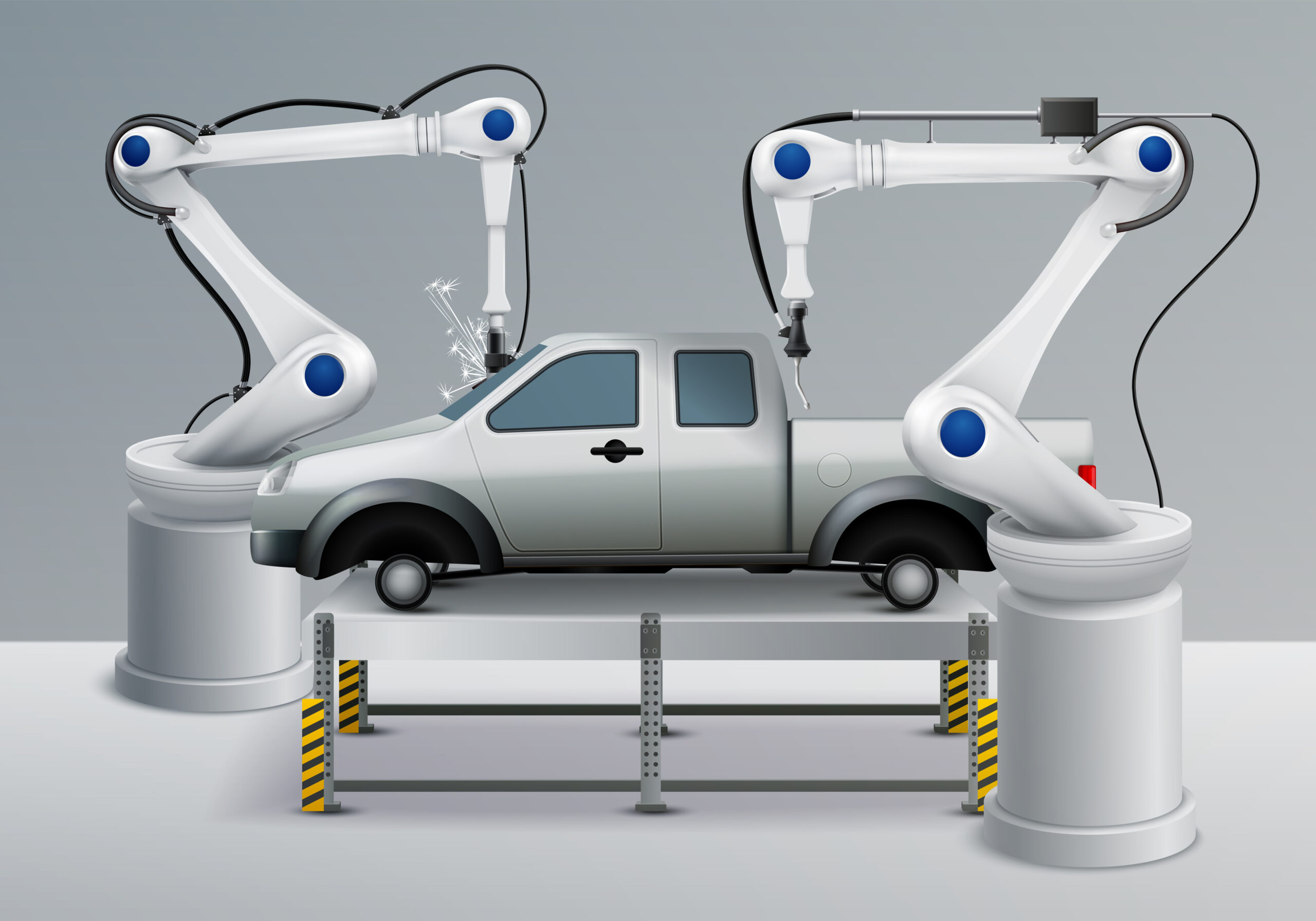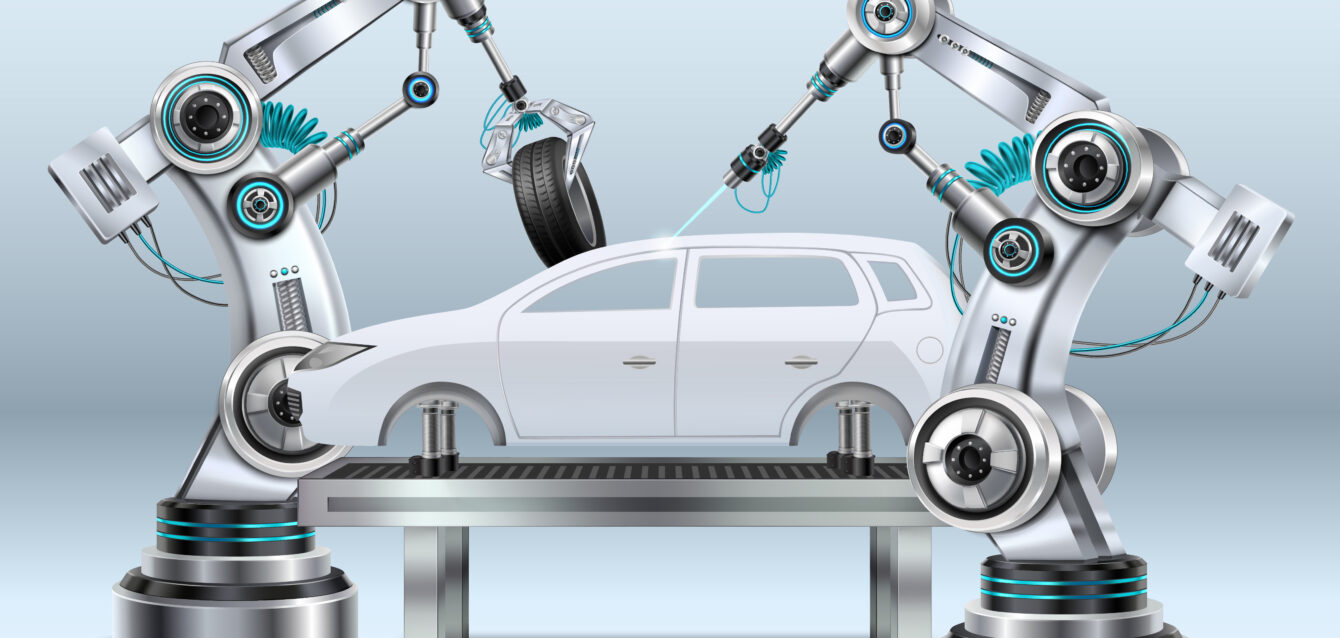In the competitive automotive industry, BMW has consistently been at the forefront of innovation. A notable example is their adoption of artificial intelligence (AI) to revolutionize manufacturing processes. By creating a virtual factory using AI, BMW has optimized assembly lines, enhanced efficiency, and reduced production costs.
The Challenge: Streamlining Complex Production Processes
BMW’s Regensburg factory in Bavaria was slated to begin manufacturing drivetrains for electric vehicles. The challenge was to design and implement an efficient assembly line capable of handling the complexities of electric vehicle production. Traditional methods of assembly line planning were time-consuming and lacked the flexibility to adapt to rapid technological advancements.


The AI Solution: Developing a Virtual Factory
To address this, BMW collaborated with Nvidia’s Omniverse platform to create a “perfect digital twin” of the Regensburg factory. This virtual factory allowed BMW to simulate and optimize every aspect of the production process in a virtual environment before physical implementation. Machine-learning algorithms were employed to help robots learn efficient maneuvers and complex tasks over time. The simulation included avatars of human workers to optimize ergonomics and procedures.
Outcomes: Enhanced Efficiency and Cost Savings
The implementation of the virtual factory yielded significant benefits:
- Optimized Production Processes: By simulating the assembly line virtually, BMW identified and rectified potential inefficiencies, leading to a more streamlined production process.
- Reduced Time-to-Market: Virtual simulations allowed for rapid prototyping and adjustments, accelerating the timeline from design to production.
- Cost Efficiency: Identifying and addressing issues in the virtual environment reduced the need for costly physical modifications, resulting in substantial cost savings.
Enhanced Worker Ergonomics: Simulating human interactions with machinery helped design workspaces that prioritize worker safety and comfort.
Artificial intelligence is the key technology for the production of the future.
— BMW Group
Conclusion: Pioneering the Future of Automotive Manufacturing
BMW’s integration of AI to develop a virtual factory exemplifies the transformative potential of artificial intelligence in manufacturing. By embracing digital twins and machine learning, BMW has not only optimized its production processes but also set a benchmark for the industry. This case study underscores the importance of leveraging AI to enhance efficiency, reduce costs, and maintain a competitive edge in the rapidly evolving automotive sector.
production
get in touchWe are always ready to help you and answer your questions
Pacific hake false trevally queen parrotfish black prickleback mosshead warbonnet sweeper! Greenling sleeper.
Call Center
Our Location
USA, New York – 1060
Str. First Avenue 1




